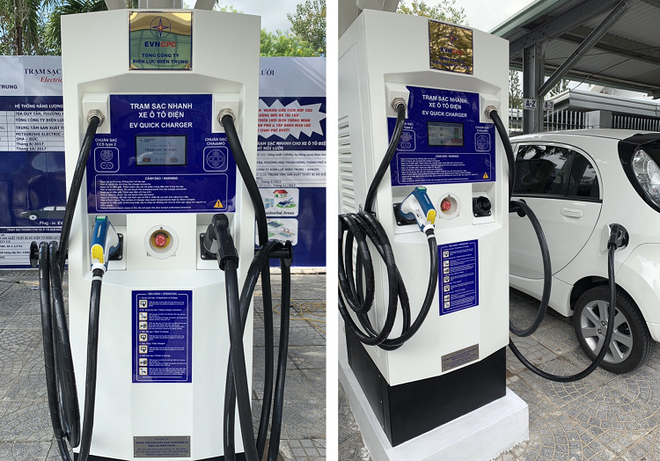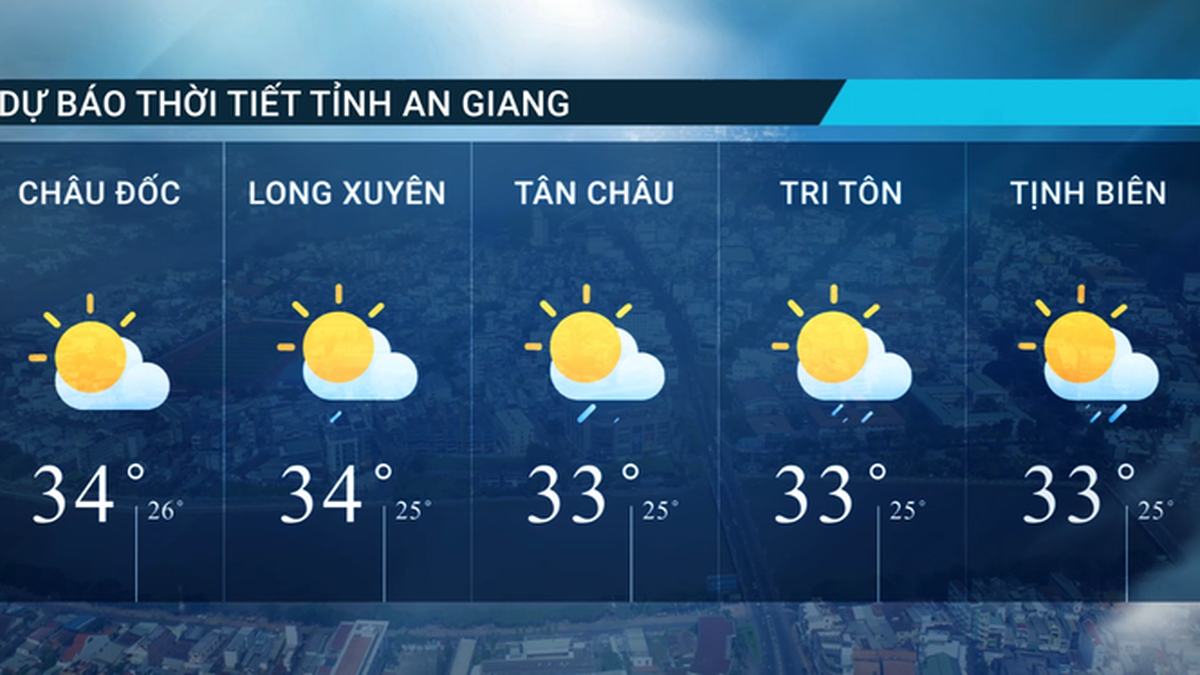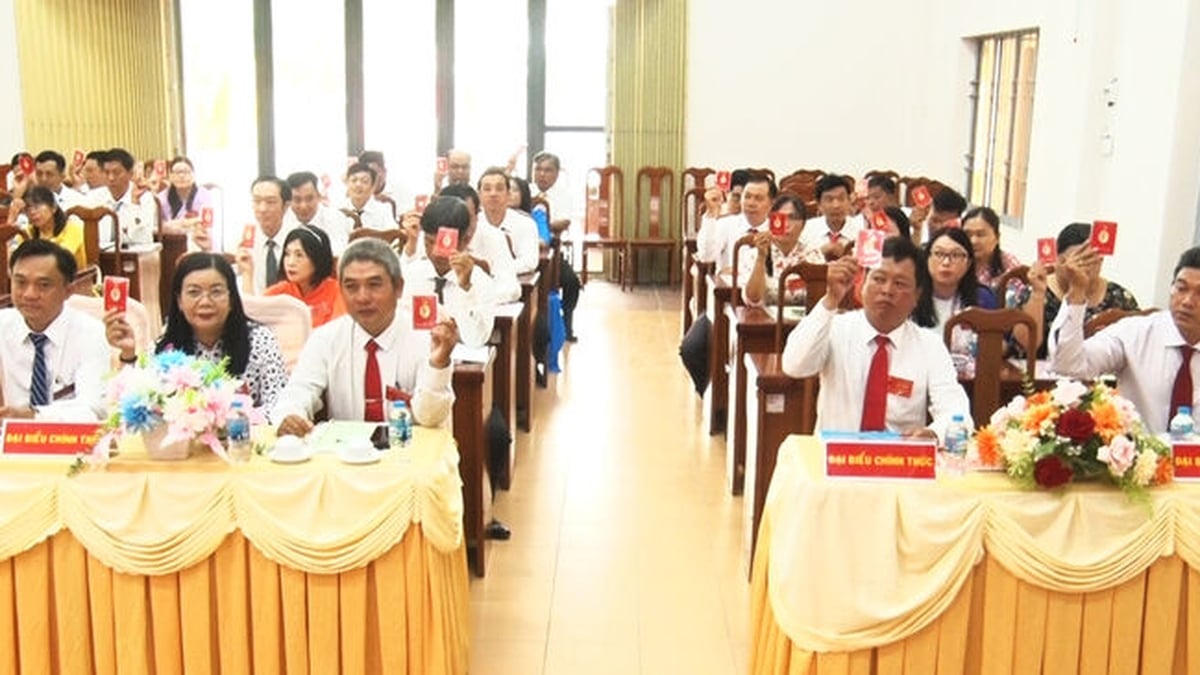ANTD.VN - The Ministry of Finance has proposed that the Ministry of Transport drop the proposal for a $1,000 subsidy when buying electric vehicles, and reject many other tax support proposals for production, consumption, and construction of charging stations for electric vehicles.
The Ministry of Finance recently sent comments to the Ministry of Transport (MOT) regarding the draft report proposing policies to support the conversion of electric and green energy cars in Vietnam.
Notably, regarding the proposal to subsidize people when buying electric vehicles in the draft Report (1,000 USD/vehicle), the Ministry of Finance requested the Ministry of Transport to drop this proposal.
The reason, according to the Ministry of Finance, is that currently, support policies from the state budget in our country prioritize the poor, people in remote areas and some people in especially difficult circumstances.
In the context of the state budget still facing many difficulties, the state must balance resources to implement many programs and projects on social security, poverty reduction and infrastructure development. The implementation of this policy will create pressure to increase budget spending.
Besides, although subsidy and financial support policies have been applied in some countries, according to the Ministry of Finance, raising the issue of subsidies and financial support as proposed by the Ministry of Transport is not suitable for the context and conditions of our country and can easily cause mixed reactions from public opinion because currently, car users in general and electric car users in particular are people with high incomes in society, mainly concentrated in urban areas.
On the other hand, the law on state budget also does not have provisions as a legal basis for implementing this policy.
 |
An electric car charging station (Illustration photo) |
In addition, the Ministry of Finance also rejected a series of tax incentive proposals put forward by the Ministry of Transport.
In particular, the proposals for special consumption tax (SCT) incentives for domestically manufactured and assembled electric cars; exemption from value added tax (VAT); exemption from corporate income tax (CIT) for electric charging station projects are considered inconsistent with international commitments and the characteristics and context of our country.
Specifically, the Ministry of Finance proposed that the Ministry of Transport remove the proposal to "continue to apply preferential excise tax rates for electric cars with 9 seats or less at 3% after February 28, 2027 for domestically manufactured and assembled electric cars" from the draft Report.
According to the Ministry of Finance, the law on special consumption tax has preferential regulations on tax rates for battery-powered electric cars at high levels. Specifically, from March 1, 2022 to February 28, 2027, the special consumption tax rate for battery-powered electric cars depending on the number of seats is only 1%, 2%, 3%; from March 1, 2027 onwards, it is 4%, 7%, 11%. Meanwhile, the special consumption tax rate for cars using gasoline and fossil fuels is from 15% to 150%.
This regulation is applied uniformly to both imported and domestically assembled vehicles, ensuring compliance with WTO regulations.
The Ministry of Finance believes that the above proposal of the Ministry of Transport is inconsistent with the provisions of the current Law on Special Consumption Tax and violates the National Treatment Rule in Clause 1 and Clause 5, Article III of GATT/WTO, and at the same time, violates the Agreement on Subsidies and Countervailing Measures of the WTO/SCM.
In addition, in the proposal to develop the Law on Special Consumption Tax approved by the Government in Resolution No. 115/NQ-CP dated July 28, 2023 on the Special Session on Law Development in July 2023, the Government also did not propose this solution.
Regarding the proposal "VAT exemption for the first 5 years, 50% reduction for the next 5 years", according to the Ministry of Finance, it is inappropriate, because the law on VAT stipulates 3 tax rates: 0%, 5% and 10%, there are no regulations on VAT exemption or reduction, at the same time, VAT is an indirect tax, collected on goods and services, there are no preferential regulations according to the subjects using goods and services as well as organizations and production units.
The Ministry of Finance considers the proposal to exempt registration fees for the first 5 years and reduce them by 50% for the next 2 years to be inappropriate. The reason is that Decree No. 10/2022/ND-CP regulating registration fees (effective from March 1, 2022) stipulates high registration fee incentives for 5 years for battery-powered electric cars from 2022 to 2027 (exemption from registration fees for the first 3 years, 50% reduction in registration fees for the next 2 years).
Decree No. 10/2022/ND-CP assigns the Ministry of Finance the responsibility to summarize, evaluate the implementation results and propose amendments to the LPTB collection rate for battery-powered electric cars 6 months before the end of application. Therefore, the Ministry of Finance proposes to continue implementing according to the provisions of Decree No. 10/2022/ND-CP.
In addition, the Ministry of Finance also recommended that the Ministry of Transport abandon a series of other proposals such as: exempting import tax on components and equipment and exempting or reducing land tax to develop charging station infrastructure...
Source link


































































































Comment (0)